The two largest economies in the world, the US and China, have had a strained trading relationship for a very long time. They have occasionally collaborated, and at times, they have not. Tensions between the two nations have grown in recent years, resulting in trade wars and wise economic activities.President Joe Biden is likely to announce a significant increase in tariffs on Chinese goods, particularly electric cars (EVs).
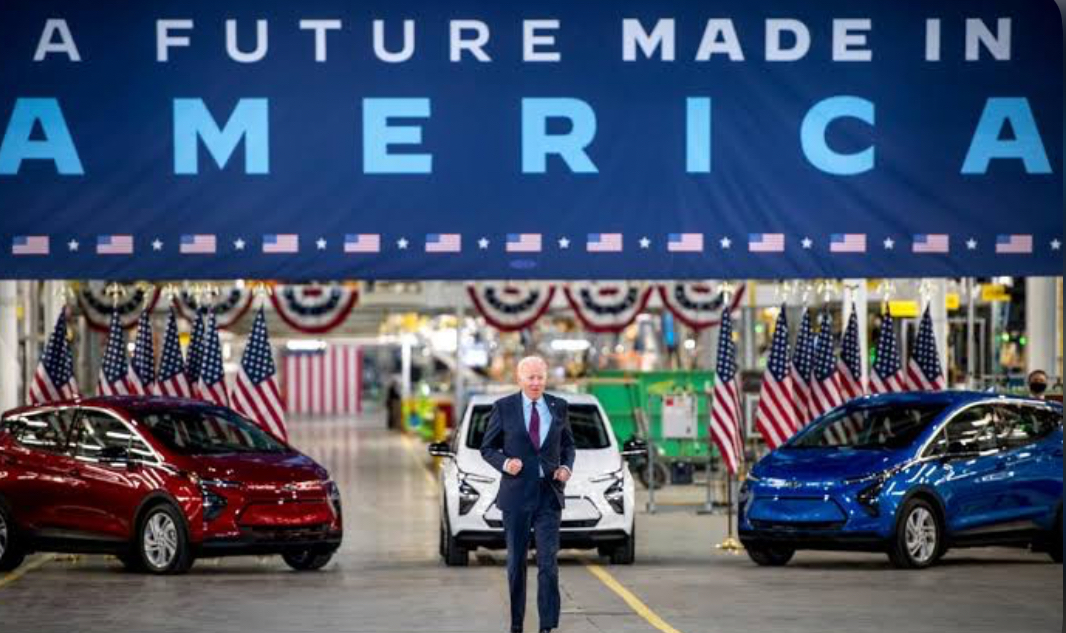
Getting to Know the Tariff Scene
Former President Donald Trump initiated larger changes to the "Section 301 tariffs," which include the upcoming increase in duties on Chinese electric vehicles. The first step involved applying taxes to a number of Chinese goods. EVs will now face a fourfold increase in taxes, with rates ranging from 25% to approximately 100%. There will also be a 2.5% tax on all cars brought into the United States. The Biden government is focusing on areas that are important for national security, competitiveness, and strategic advantage. This move aligns with the plan.
The Reason for Raising Tariffs
The decision to raise tariffs on Chinese electric vehicles is based on a number of reasons. Concerns about national security and data protection have grown. For example, Sherrod Brown, chairman of the Senate Banking Committee, wants to ban Chinese electric vehicles because they could pose a threat to Americans' personal information. This attitude reflects a concern about technological dependencies and cybersecurity holes in Chinese-made goods.
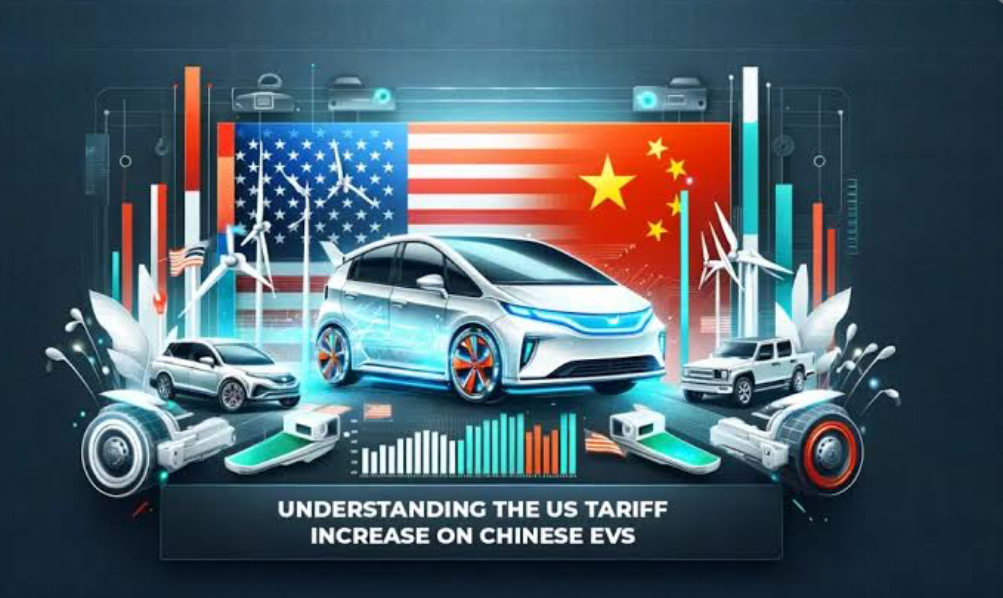
The higher tariffs are also a sign of a larger shift in US trade policy away from the standard free trade philosophy. Instead of going back to old ways of doing things, both the Trump and Biden administrations have chosen more protectionist measures to protect domestic businesses and stop what they see as unfair trade practices. The change in trade policy is part of a larger reevaluation of how the world's economies work and who controls them.
Effects on the Car Business
Higher tariffs on Chinese electric vehicles have the most significant impact on the car industry. At the moment, US imports of light-duty cars made in China aren't very big, but the huge rise in tariffs could change the market in a big way. Automakers, especially those that have put a lot of money into factories in China, have to deal with higher prices and uncertain markets.
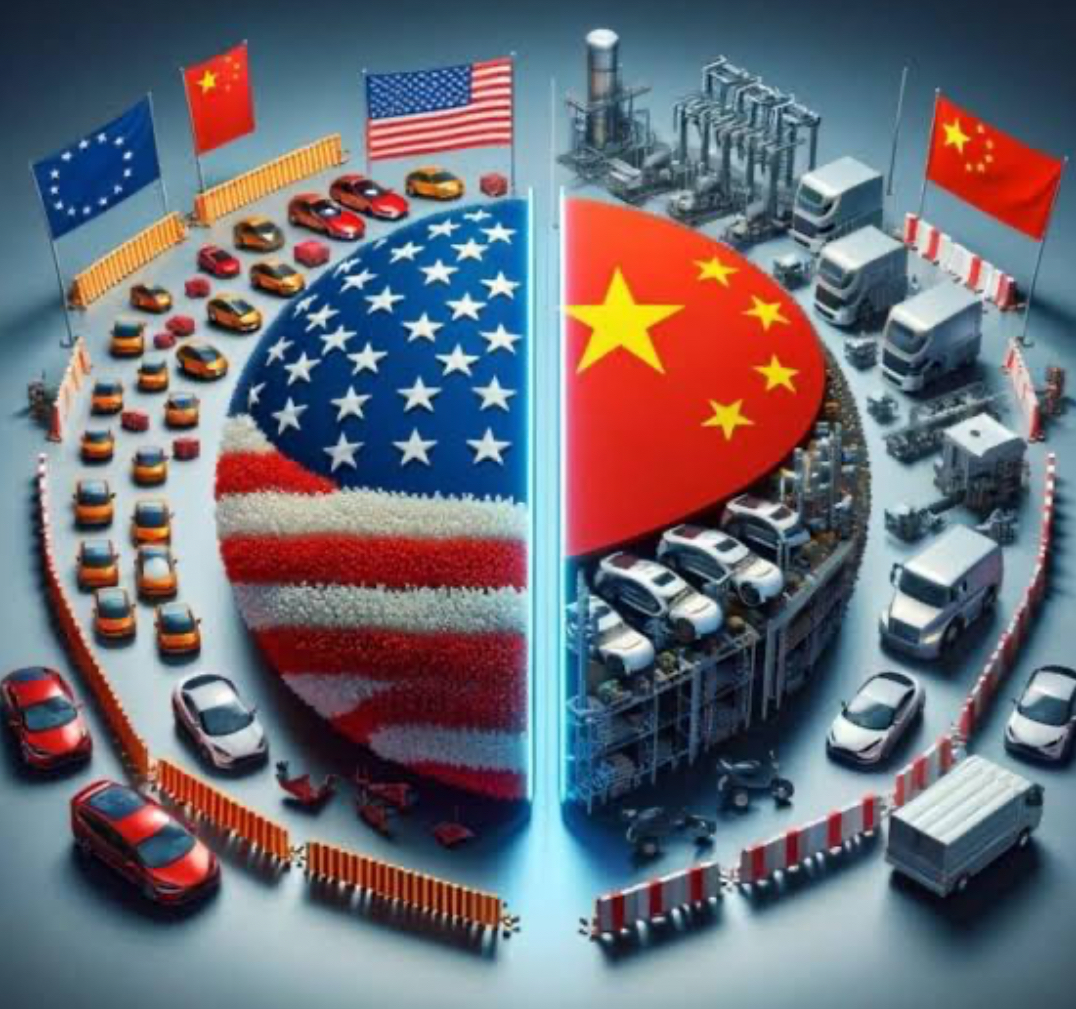
In addition, the increase in tariffs fits in with bigger trends in the industry, such as the move towards electric vehicles and clean energy sources. The move towards electric cars depends a lot on global supply lines. China is a key player in this, serving as both a manufacturing hub and a market for electric vehicles. Rising tariffs could cause problems all along the value chain, affecting customers, manufacturers, and other industries that support the main one.
Effects on geopolitics
The increase in tariffs has major strategic effects in addition to economic ones. The relationship between the US and China is already tense because of geopolitical issues, competition in technology, and worries about human rights. Trade disputes make things even more difficult. China's reaction to the tariff increase, which could include possible retaliatory actions, could make things worse between the two countries and have bigger global effects.
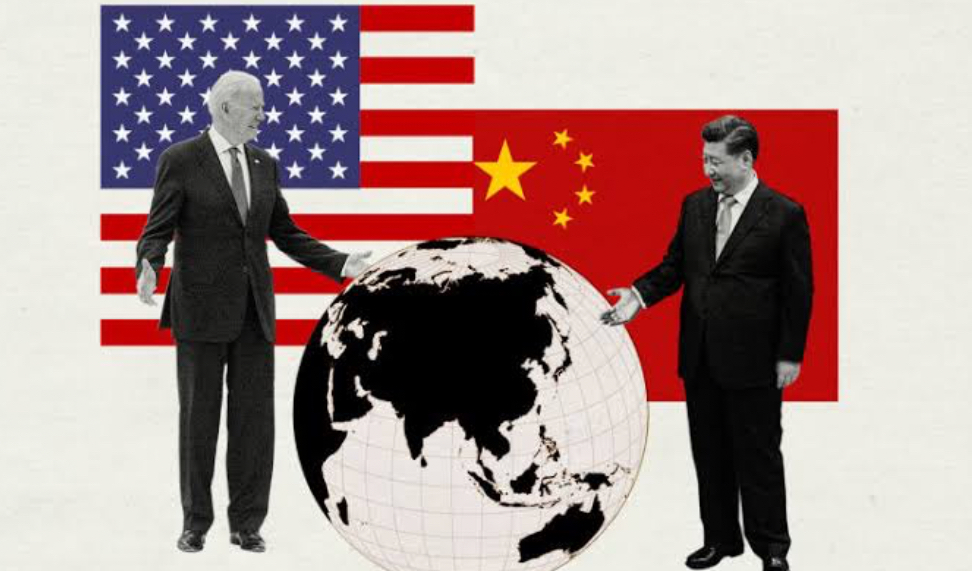
The increase in tariffs is also connected to bigger geopolitical stories, such as attempts to separate supply lines, boost domestic manufacturing, and claim strategic dominance in new industries. With its fast-paced innovation and global competition, the electric vehicle (EV) market is a microcosm of the bigger geopolitical rivalries that shape the economy of the 21st century.
Dealing with uncertainty
As the news of higher tariffs on Chinese electric vehicles (EVs) draws near, people and businesses in all kinds of fields are adjusting their plans to deal with the unknown. Automotive companies need to look at the weak spots in their supply chains, find other ways to get materials, and change with the times when it comes to regulations. In the meantime, policymakers have to find a balance between economic needs, national security worries, and changes in the way countries interact with each other.
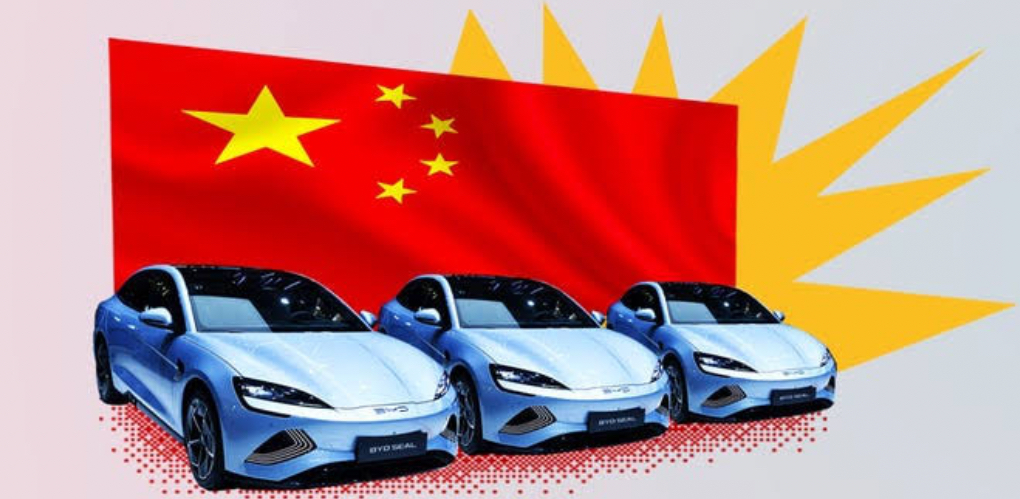
Moving forward will require carefully thought-out policies, industry-wide cooperation, and strategic approaches to managing risk. A complicated mix of economic, technological, and geopolitical forces is shaping the future of global trade. To avoid problems, we need to talk about them, be open about them, and make quick decisions.
In the end,

The expected 100% tariff on Chinese electric cars is a major turning point in the trade disputes between the US and China. Along with the immediate effects on the auto industry, this choice is a reflection of larger changes in trade policy, geopolitical rebalancing, and strategic thinking. Strategic foresight, adaptive resilience, and collaborative involvement will be key in managing the changing landscape of international trade and economic relations as stakeholders get ready for possible disruptions and unknowns.
mage Source: Multiple Agencies
Inputs from Agencies
© Copyright 2024. All Rights Reserved Powered by Vygr Media.























